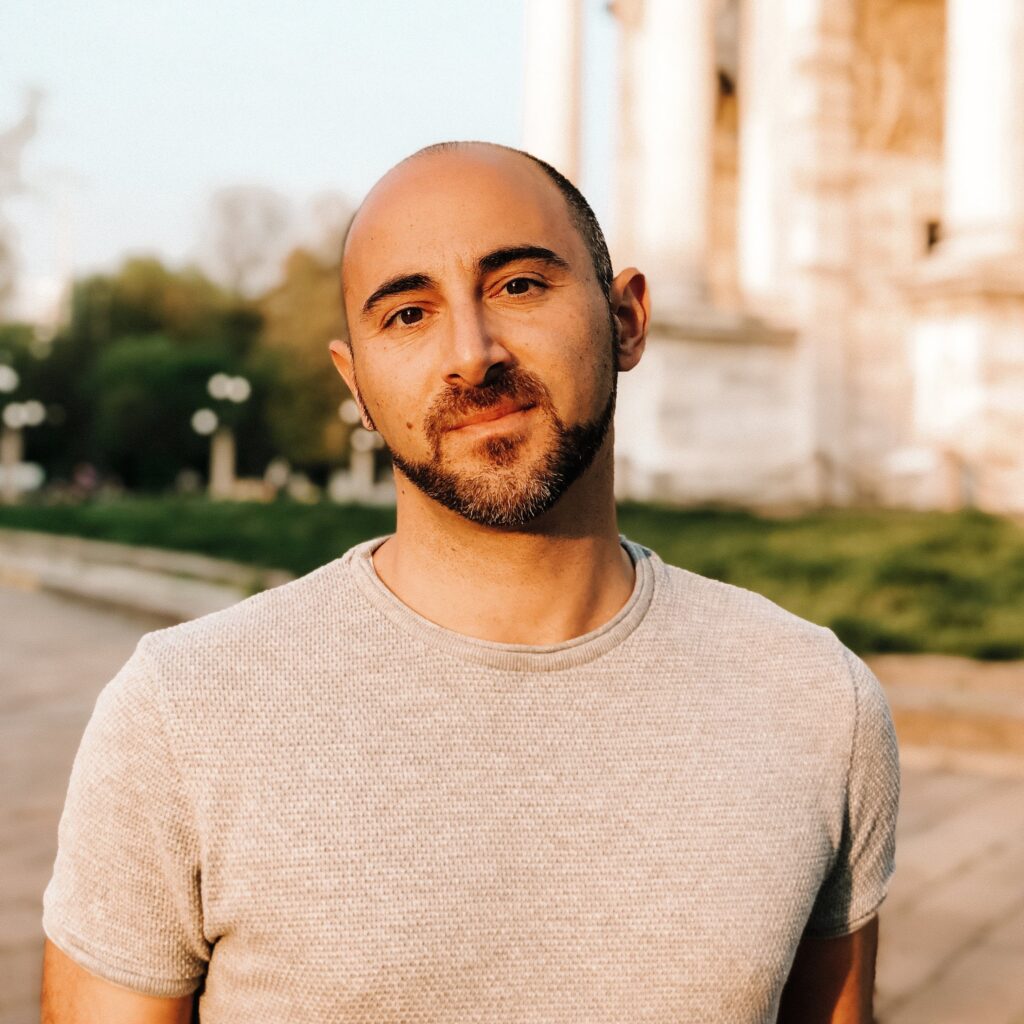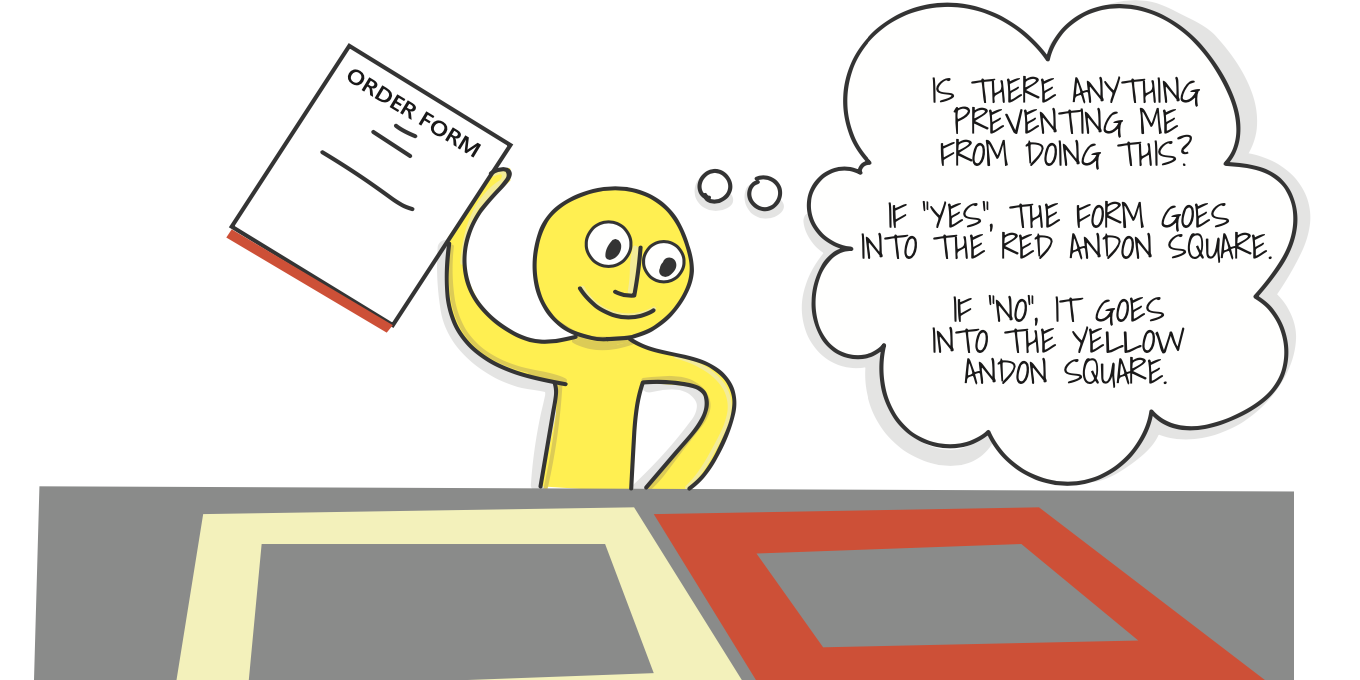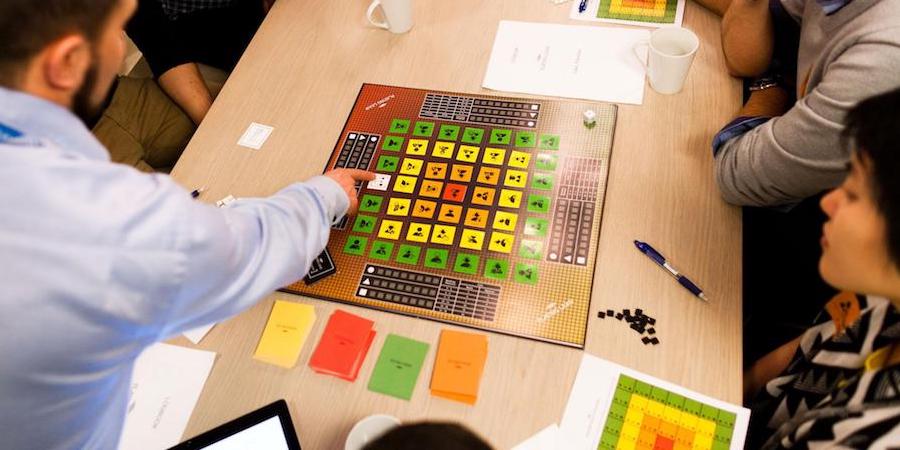
Our editor offers a roundup of our best content of 2017
ROUND-UP – Looking back at the year that just ended, our editor Roberto Priolo reflects on the power and reach of lean thinking, and offers us a round-up of the best content from 2017.
Words: Roberto Priolo, Managing editor, Planet Lean
The year we just bid farewell to has been great for us at Planet Lean. We had the great privilege to continue observing and tell the world about this vibrant, ever-changing Lean Community, while getting to know new and inspiring lean leaders. We have published stories by or on people from all walks of life, from zookeepers to chefs, engineers to doctors, school principals to sales managers. All of them have one thing in common: they want to make the world a better place through lean.
Indeed, in 2017, perhaps more than in other years, we have seen how impactful lean can be outside of the four walls of our businesses (as well as within them). This is something I normally refer to as “social lean” or “lean for the common good”. Whether it is the woman running an NGO in Africa to help children with cerebral palsy or the organization that uses coaching to help young people in the San Francisco Bay Area thrive after the leave the welfare system, there is no doubt that the world is a better place thanks to lean. And that’s something worth celebrating – especially at a time when there seems to be so little to be happy about.
There is another, more obvious way in which lean can improve the world: by boosting our sustainability efforts. More and more organizations are picking this up, discovering that lean can really support their mission to be good to our planet – we have seen this at fashion brand EILEEN FISHER, but also at Tokheim in Italy (they have found there is more to 5S than workplace organization). And of course at Toyota… our very own Jim Womack even drove a Mirai from Boston to Philadelphia recently.
Lean transforms the world one person at a time, and the results it can help us achieve change our organizations beyond recognition. The proof is in the gemba, however, and that’s why at PL we have a strong focus on practical gemba-based stories. It is no coincidence that some of 2017’s best articles came from our great contributor, Catherine Chabiron: her Notes from the gemba are detailed and insightful accounts of what she sees walking around companies. Some of my favorites? A walk at a Paris-based construction company, at a startup, and at a Toyota supplier in Japan. (To learn about what should really happen on a gemba walk, read this piece by Michael Ballé.)
Catherine wasn’t the only one to visit Japan this year. Forty of us at the Lean Global Network were lucky enough to go on a study mission to Toyota City back in September. It was a deep dive into Toyota, which gave us the incredible opportunity to learn more about the company’s TNGA (Toyota New Global Architecture) strategy and about its Chief Engineer system. For a great account of what we learned, don’t miss Jim Womack’s Yokoten column of September 26th.
As much as I have learned a lot in Japan, however, in a way I think that the biggest lesson Toyota taught us in 2017 comes from Melbourne, Australia. On October 3rd, the Altona plant ceased production. The way the company handled the shut-down is commendable, and makes for a sad, yet heart-warming story. Through reskilling and upskilling, and by offering generous packages and customized help, no Toyota employee was left jobless as a result of the shut-down. More on this from Doug in the next few weeks. In the meantime, you can read the fantastic column Jim Womack wrote about Toyota Australia back in May.
In 2017, we have also had many new titles joining the long list of great lean books. Five come to mind:
- Lead with Lean is a collection of Michael Ballé’s best papers from the past 20 years. With previously-unpublished reflections accompanying the articles, Lead with Lean tracks the evolution of our understanding of lean thinking over the years, through the eyes of one of our community’s most insightful and prolific authors. Michael talks about the book here.
- The Lean Strategy, by Michael Ballé, Dan Jones, Jacques Chaize and Orry Fiume, talks about lean as a people-centric system for learning that acts as an alternative to traditional management and financial capitalism. The authors explain why it creates the best strategy a company can adopt to meet its challenges. Dan Jones says it beautifully here.
- The Work of Management by Jim Lancaster addresses the issue every lean company finds itself facing sooner or later: deterioration of results. According to the author, the CEO of Lantech (which was first featured in Womack and Jones’ Lean Thinking), the answer to this problem is a robust daily management system. Check out an interview with Jim here.
- Ernie and Tracey Richardson’s The Toyota Engagement Equation (which recently won the Shingo Publication Award) maps Toyota’s unique learning environment through the experience of the authors, who were early hires at the company’s Kentucky plant. To get a taste of the book, click here.
- The Lean Bakery – “a great little book,” as John Shook recently called it – tells the story of the extraordinary growth of a chain of cafés/bakeries in Barcelona. Readers will learn about the power of experimentation and how eliminating waste actually gets you closer to the customer.
Books are powerful things (the transformation of the Barcelona bakery started after the CEO randomly picked up Lean Thinking at the airport bookstore). So powerful that, in 2017, we have heard from two companies that have been using book clubs to develop leaders and spread lean knowledge – AkzoNobel and Fuji Xerox Australia. Read about their efforts here and here. We might try a book club of our own here on Planet Lean soon, so stay tuned.
Indeed, learning happens in many ways – book clubs, study tours, conferences, gemba walks, articles, books, and so on. In the last quarter of 2017, you will have noticed an increase in the number of videos we published on Planet Lean – part of an effort to explore other ways in which our stories can make an impact. The biggest expression of this was, without a doubt, Dealing with Lean – Planet Lean’s first ever documentary – which we published in September to launch a new series on the lean transformation of Halfway Toyota, a chain of car dealerships in South Africa and Botswana. If you haven’t seen it yet, I really encourage you to take the time to watch it (below)… it’s a fantastic story. I have seen with my own eyes in May with Dave Brunt, who has been coaching the Halfway leaders and supporting the transformation.
{youtube}TKhwBFuX7ek{/youtube}
In the past year, Planet Lean has also published a number of articles reminding us of the ever-important relationship between lean and the improvement methodologies that are common in the digital world (from agile to Lean Startup). It seems that more and more organizations are finding in lean a more solid foundation for their improvement work, and introducing its principles into their work. We are currently running a series in partnership with Theodo, a software development company that has fully committed to lean thinking to fill the gaps left by agile. Click here to read an interview with the company’s CEO and CTO.
Almost a year ago (in one of the most read articles of 2017), John Shook told me that “understanding how lean ideas get out and go different places is more important […] than finding the next Toyota”. What a compelling argument – could we, as a community, have focused too much on finding our new poster child? If so, has this prevented us from seeing all the incredible lean work taking place around the world? Toyota remains our Northern Star and our model, but I think it’s also important we continue to look for good lean stories wherever they may be, capture them and share them with the world. This is what lies at the heart of yokoten, after all, which is the best gift we can give others, as Jim Womack told us in his final column of 2017. Sharing is caring, they say, and this is true for lean as well.
I can’t think of a better way to end this review of the year that was than a call to arms. Share your learnings and your lean experience with others – it’s the only way we can change the world, one person at the time, one organization at the time. If you want to use Planet Lean to “spread the word”, we will be grateful – so, if you have a story you want to share with us, email me on editor@planet-lean.com. I’d also be thrilled to get your feedback on the magazine as a whole (but for that there will be a survey out soon).
In 2017, we welcomed over 200,000 of you to our site. Thank you from the bottom of my heart for choosing PL as your source of information on everything lean. I can only hope you will continue reading us this year – on our part, we will do all we can to bring you the best and most useful lean content we can produce. Our next editorial experiment? A podcast with lean authors and practitioners. Stay tuned, and happy 2018!
THE AUTHOR

Read more


FEATURE - The author addresses the ongoing debate on rewards and recognition, explaining how an optimal relationship between team members, team leaders and group leaders will influence motivation.


FEATURE – As she gets ready to publish a book on her experience running Halfway Toyota Ngami, the author looks back at one of the best visuals the team implemented during the transformation.


FEATURE – Simulations and games can be extremely beneficial, so long as we use them to highlight and explain the underlying behaviors we must adopt if we are to successfully embrace lean... and not only the tools.


OPINION – Discussing the lack of structured problem solving in the fight against the pandemic in Italy, the author makes the case for blanket-testing as a possible way to understand the current state.

